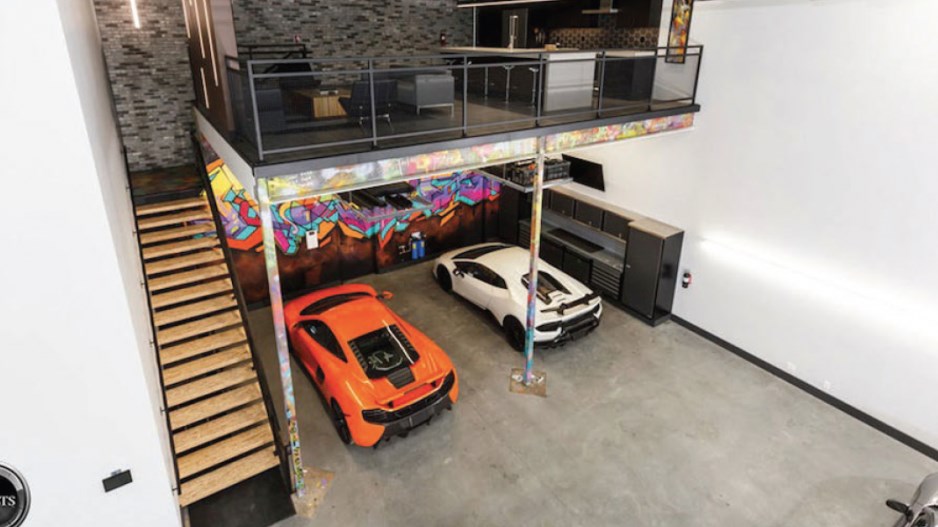It is no coincidence that two large self-storage facilities are close to Vancouver’s Olympic Village condominiums, where the demand for space is high and the homes are small.
The challenge, as in cities across Canada, is too much stuff and too little space.
The answer for a growing number of people is self-storage, and this has created one of the fastest-growing and diversifying subsectors of the commercial real estate market.
Self-storage in Canada is now an $840 million industry that experienced an annual growth rate of 7.3 per cent from 2012 to 2017, according to independent research firm IBISWorld.
The potential is apparently enormous if the U.S. – the world leader in self-storage – is an indication.
“Despite recessions and demographics shifts, the self-storage sector has been beating all other major commercial property types with regards to earnings and stock performance,” noted U.S.-based Investor Management Services Ltd. in its 2018 outlook for the self-storage business in the U.S., where the sector posts US$38 billion in annual revenue and is growing by 3 per cent a year.
Equate that to Canada and self-storage could expand into a $3 billion industry.
There are a number of trends – not all positive – that will affect the future self-storage business.
The positives include increased demand for storage by urbanites living in condominiums, a sector that now dominates residential real estate in most Canadian cities; the baby boom sector downsizing and putting possessions in storage; the rise of e-commerce and the resulting need for easily accessible storage facilities; storage demand from commercial firms; and the need for space for people to store boats, cars, motorcycles, snowmobiles and other toys.
The negatives include shrinking demand for storage due to technological advances, such as digital photography, digital files and digital books; smaller, cheaper electronics; and the trend toward minimalism and de-cluttering, which could reduce the storage needs for some consumers.
But, according to a recent Los Angeles Times study, the average North American house has about 300,000 items, and the children living in those homes have half the toys and books on the planet. De-cluttering, therefore, is perhaps more a dream than a trend.
Typical rent for a self-storage urban unit in Canada ranges from $1.75 to $2.50 per square foot, which is equal to a typical apartment rent in Burnaby. In core Vancouver neighbourhoods, storage rents can reach $3.75 per square foot, and average $2.95 per square foot. In smaller towns, rents are more likely to be around $1.40 per square foot, insiders said, but capitalization rates can top 6 per cent, twice as high as Vancouver’s apartment rental sector.
There are approximately 1,800 self-storage companies in Canada, but bigger players are absorbing many traditional mom-and-pop operations. Toronto-based Storagevault Canada Inc., which has a $935 million market cap and is the only Canadian storage company listed on the Toronto Stock Exchange, has spent a reported $800 million over the past two years buying up more than 100 of its competitors across Canada.
A potentially profitable direction toward higher-end storage is Calgary-based Vaults Development Corp., which is opening a second facility in Kelowna. Its flagship Calgary facility stores luxury autos, recreational vehicles, boats and other high-end toys.
“Our first units sold for $329,900 and are currently $369,900 and $379,900,” said Vaults spokesman James Murray. “We don’t rent space.”
The company’s largest Calgary unit is offered at $899,900. Common areas include an on-site clubhouse and a large wash bay. In Kelowna, Vaults is building a luxury storage facility with 19 units ranging from 1,677 square feet to more than 4,600. Prices start at $399,900, and Murray said pre-sales are now underway.



